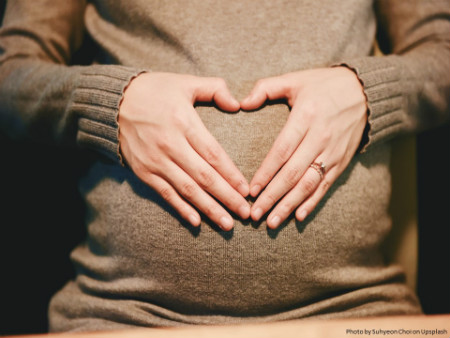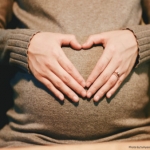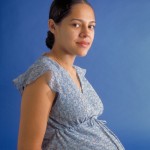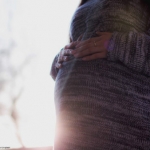About 15% of women suffer from depression during pregnancy, and the rate of depressive illness is greater in women with pre-existing histories of depression. While there are data to support the use of certain antidepressants during pregnancy, many women are reluctant to seek pharmacologic treatment during pregnancy and may benefit from efficacious non-pharmacologic options. In a recent review article from Medscape, Christopher Tjoa and colleagues from the University of Pennsylvania summarize the literature assessing the efficacy of non-pharmacologic options for the treatment of antenatal depression.
Psychotherapy: Two clinical trials have shown that interpersonal psychotherapy (IPT) is effective for the treatment of mild to moderate depression during pregnancy. No randomized studies have assessed the effectiveness of psychodynamic psychotherapy or cognitive-behavioral therapy in this population.
Electroconvulsive Therapy or ECT: While no randomized studies have assessed the safety or efficacy, case reviews support the use of this modality in women with severe depression during pregnancy.
Complementary and herbal remedies: While some studies have been inconclusive, omega-3 fatty acids may be a promising treatment option in pregnant women with depression given their probable safety and potential efficacy.
Exercise: There is some evidence that exercise may help to alleviate the symptoms of mild depression in non-pregnant populations. Two studies assessing the effects of exercise during pregnancy demonstrated the exercise has mood-elevating effects; however, these studies did not target women diagnosed with major depression.
Phototherapy (Bright Light Therapy): Two small studies (one without a control group and the other randomized) demonstrated that light therapy was effective for mild to moderate antenatal depression.
Transcranial Magnetic Stimulation or TMS: Transcranial magnetic stimulation is a novel treatment which noninvasively delivers focused magnetic pulses to the surface of the brain. In 2008, the US FDA approved TMS as a new treatment for MDD. To date, there are only six cases in the literature describing the use of TMS for depression during pregnancy.
Acupuncture: The current literature suggests that acupuncture may be an effective treatment for major depression in non-pregnant populations. One study using acupuncture specifically targeted to treat depression in pregnancy demonstrated that acupuncture was more effective than massage therapy and a non-specific acupuncture regimen.
While these non-pharmacologic options may be attractive to many women who suffer from depression during pregnancy, it is important to note that many of these studies are very preliminary and more research is required to establish the effectiveness and safety of these treatments in this population. Furthermore, many of the studies included only women with mild to moderate depression. Whether or not these strategies may be useful for women with more severe illness is not yet known.
Ruta Nonacs, MD PhD
Tjoa C, Pare E, Kim DR. Unipolar depression during pregnancy: nonpharmacologic treatment options. Womens Health 2010; 6(4):565-76.








I agree that psychotherapy and exercise are quite effective and easy methods done during pregnancy, but many medical facilities that do ECT are quite reluctant and are not educated on performing ECT on pregnant women. I do know that University of Chicago is quite capable and willing to consult with facilities that are not so comfortable with this modality on women who are pregnant.